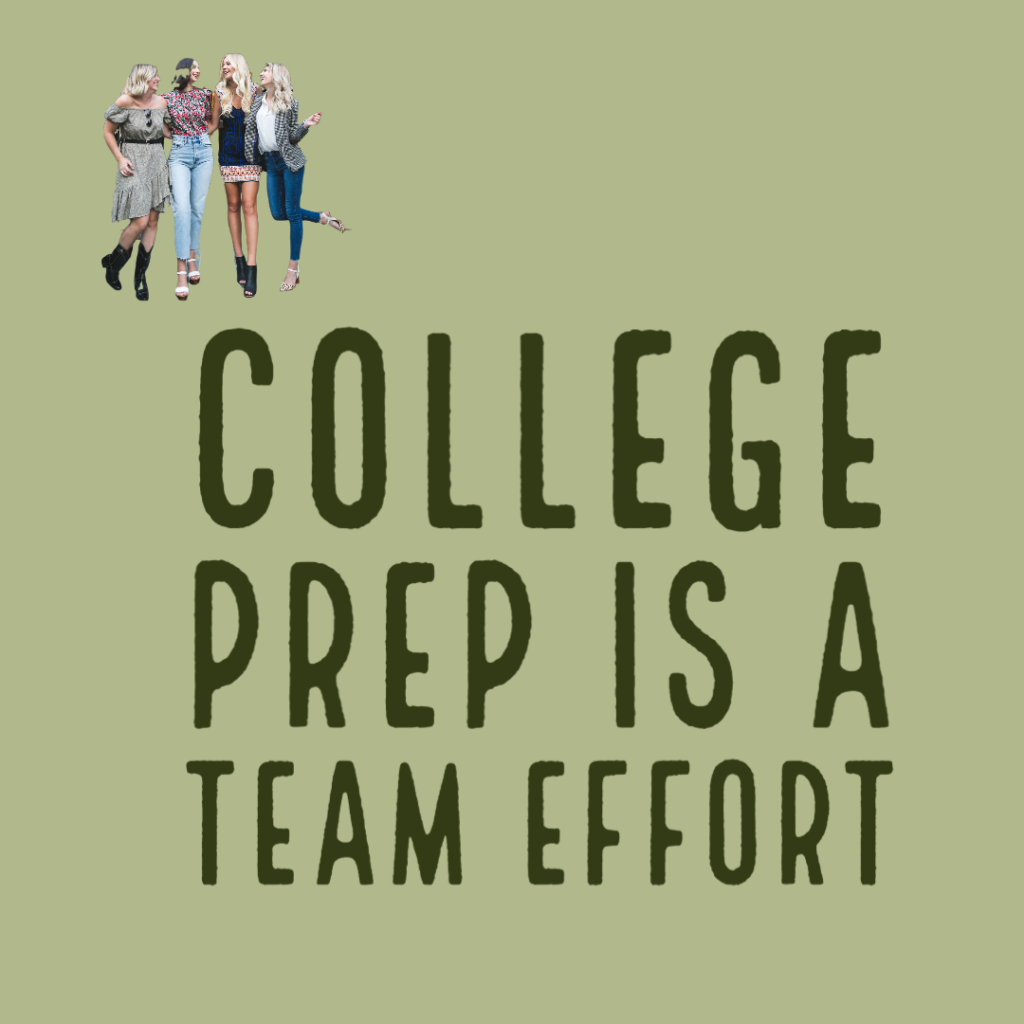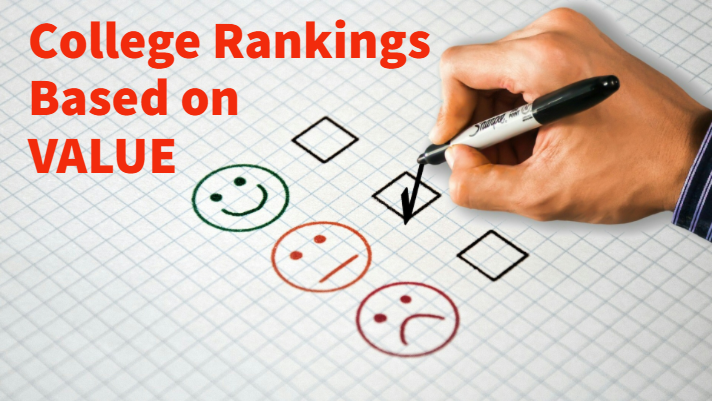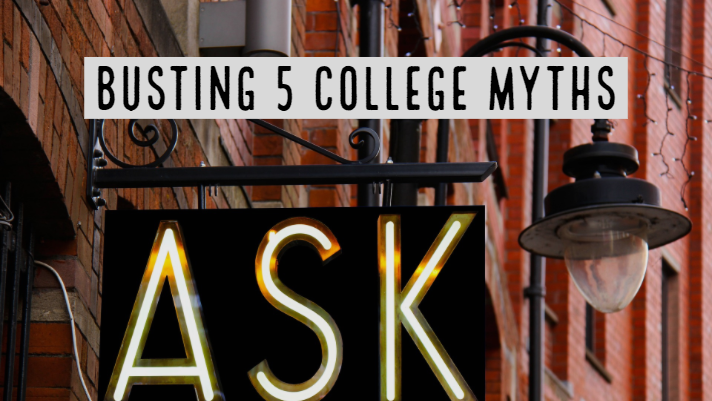
The college admissions process can be overwhelming. It will be a stressful time for both you and your teen. Your teen will need your help and your support. They will need to know they can count on you to do your part so they can do their part. It’s truly a team effort. Good parenting is key, especially during college prep.
Here are some helpful suggestions for you that will help you help your teen during college prep.
Make a visit to your teen’s counselor– Let the counselor know that you intend to be an involved parent and establish a relationship at the start. The counselor is an important source of information and of course guidance regarding your teen’s college pursuit.
Establish relationships with teachers and staff– Since most parents tend to drop out when their teen reaches high school, it’s crucial that you make it clear to the educators that you will be a partner in educating your child. Keep in touch and verify your teen’s progress via email if it’s available and attend any teacher conferences or parent meetings that are scheduled. Show up at PTA meetings and parent information sessions, making you visible to the staff.
Read all school information– Once you have stressed to your teen the importance of ensuring that ALL information gets home to you, you must take the time to READ it. This means reading the school handbook, teacher handouts, letters to parents, guidance department newsletters, any rules and policies, and homework and attendance rules. Discuss these with your teen to alleviate any future misunderstandings that might arise over failing to follow school guidelines.
Stress the importance of good attendance– Attendance is key in high school. Missing even one class can put the student behind. Schedule appointments, when possible, before and after school. If there is an absence, make sure your teen does the make up work in a timely manner. If the absence will be for an extensive period of time, coordinate with the teachers to assure the makeup work is completed.
Encourage strong study habits– These habits will follow your teen to college. Set aside a regularly scheduled study time. Studying needs to be a priority before any added activities. GPA rules in the college admission process and good study habits will assure your teen enters the process with an impressive one. Don’t allow your teen to procrastinate and go into overdrive because they waited until the last minute to complete a project.
Stress regular contact with teachers and counselors-This contact will play an important role when your teen needs recommendation letters. It will also establish in the minds of these educators that he or she means business. They will see that your teen is there to learn and excel and ask questions. Those students are the ones that are recommended for leadership positions and academic awards. It can be something as simple as saying hello in the hallway or using the counselor’s office to research scholarships.
Be the organization coach– My mantra for high school was: Preparation Prevents Panic. If you know where everything is, have a schedule and a plan, you won’t get stressed and frustrated. Sometimes the only filing system a teen has is their floor. It’s your job as their parent coach to help them start and maintain good organization for their date planners, notebooks, folders, files and college related materials.
Stay informed and involved– This does not mean camp out at the school every day and follow your teen around (although that is tempting). It means monitoring quizzes, grades, daily homework assignments and long-term projects. If you begin to notice any problems, schedule an appointment with the teacher and work out a plan for tutoring if it’s necessary. Don’t wait for the report card to lower the boom. If you stay proactive and informed, you and your teen will be able to fix any problems before they become catastrophes.
Know your teen’s friends (and their parents)– Your teen’s out of school activities will always affect in-class behavior. In high school, it’s as much about social activity as it is about academic success. Assuring that your teen’s friends share the same values and goals will make a difference in their focus in and out of school. Encourage them to make friends that have college as a goal and have the same study habits. Take the time to meet and get to know your teen’s friends’ parents. Make sure they share your values and understand your position on smoking, drinking and drugs.
Be proactive when you encounter problems– All types of problems arise in high school: academic, behavioral and even social. There is a logical solution for all of them, but the key is to be aware when they arise and address them quickly. Academic problems require additional teacher help, tutoring, and possibly study skill courses. If you encounter behavioral problems, contact the school counselor or principal and discuss with them recommendations for the particular situation. Coaches can often help, along with a mentor. Sometimes professional counseling is warranted. Don’t ever be afraid to ask for help. And don’t make the mistake of turning your head and going into denial. Problems only get worse if they are ignored, especially in high school.









